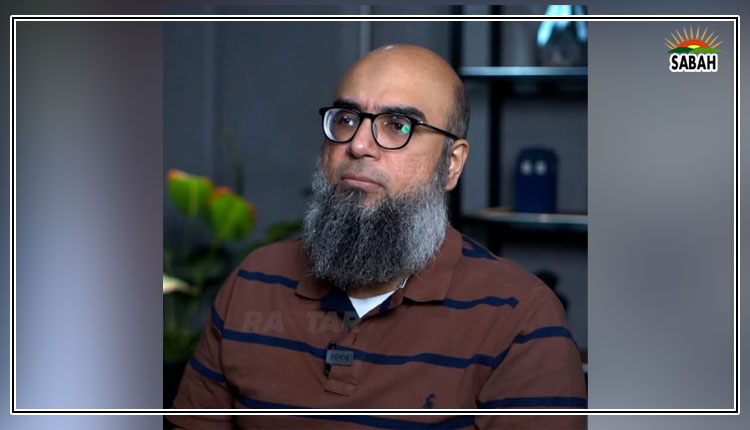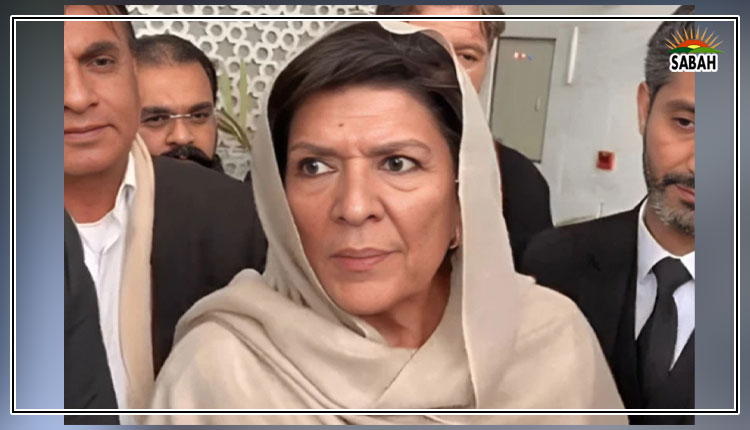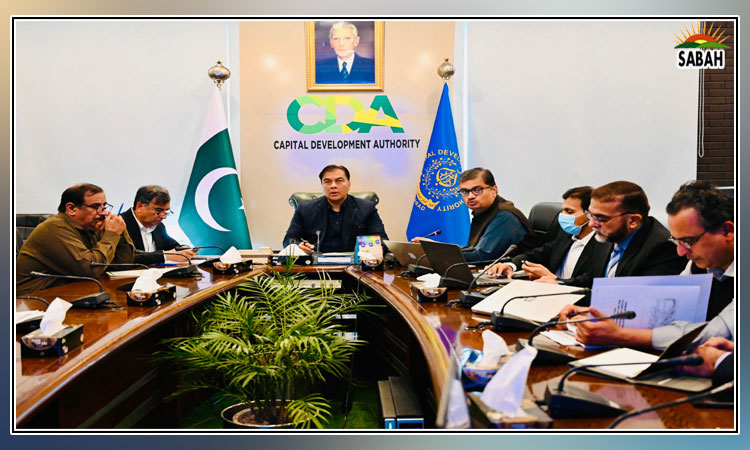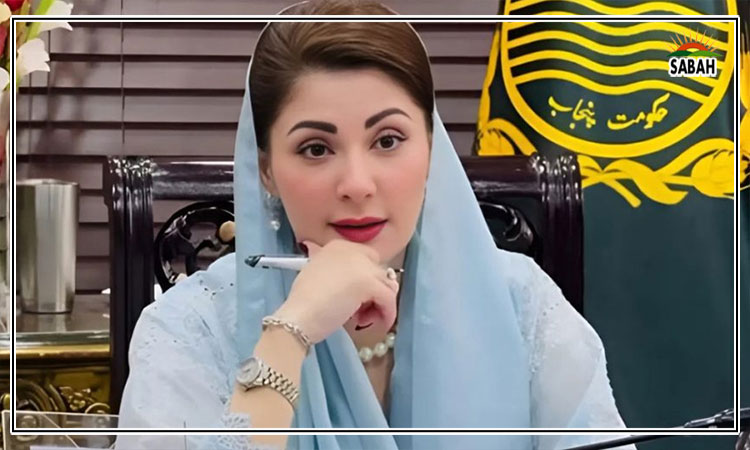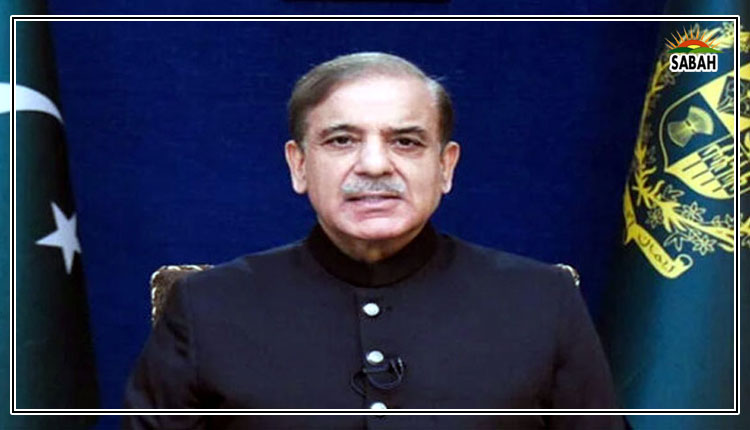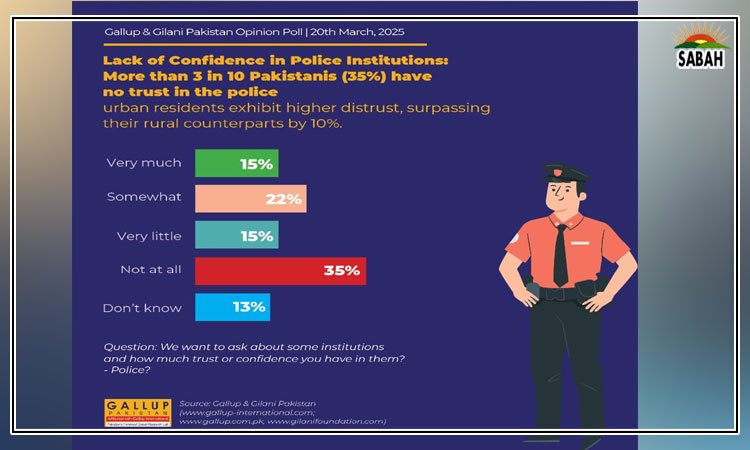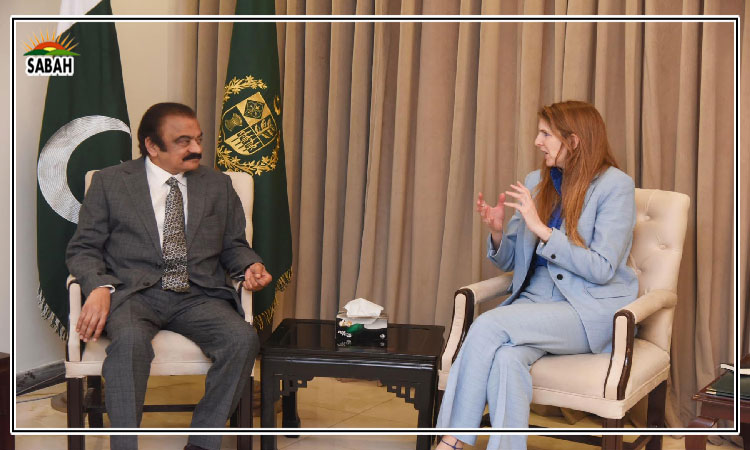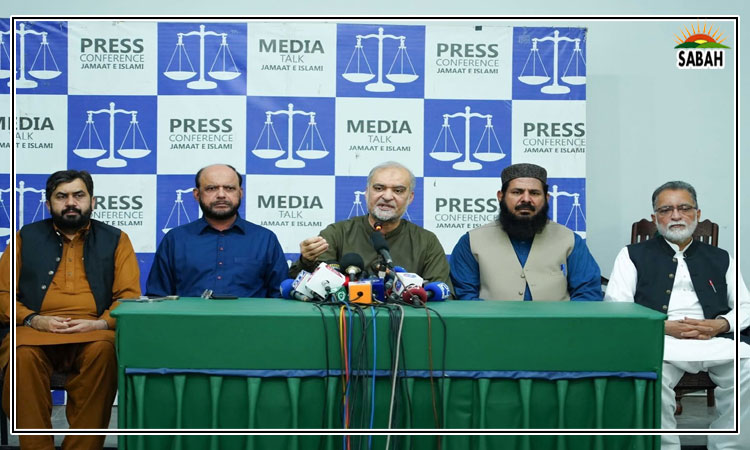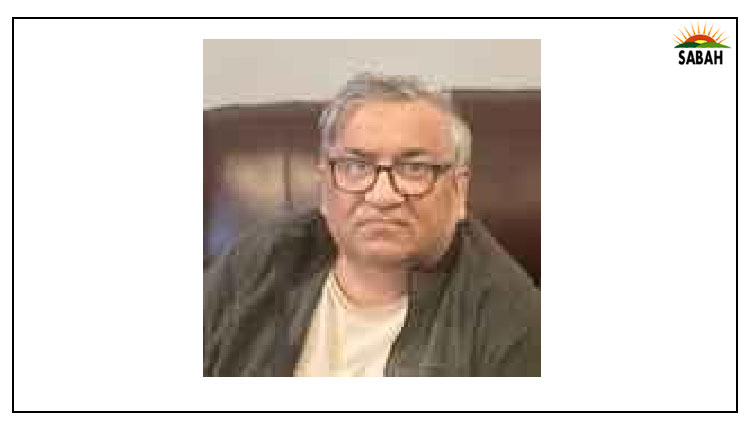From the virtual to the real…Asha’ar Rehman
Ghareeb kay bachay versus ameeron kay bachay. The intriguing refrain does the rounds as Pakistanis cannot help but group people in Imran Khans discredited protest caravan and then compare one set with another. One of the aspects we all are asked to watch closely is the treatment these various sets get from the authorities as they are brought to justice over their alleged involvement in arson.
Quite evidently, there is no shortage of those keen on locating a conflict within the bigger conflict here the ever running battle between the privileged and the indiscreet ordinary souls who have a reputation of going on a rampage at the slightest provocation by the mob leaders.
The comparison is as old as the conflict around power. The distinction between the masses and the elite in society has been the basis of these that have led to revolutions and yet the classes within political activists have remained. In Pakistan, the divide runs all the way down to the jails where the political prisoners are categorized on the basis of their social status.
Fresh from a fortnight at Adiala jail, PTI-renegade Maleeka Bukhari tells us that she had been placed in the C category while she was incarcerated, which was perhaps too low a class for a lawyer and a woman politician enjoying a senior position in the party. But these minor facts are most likely going to be eclipsed by the now much bigger discussion about just how fast and thick the PTI upper crust, along with Ms Bukhari, is collapsing here.
The series of resignations from the PTI by Imran Khan stalwarts has come just when voices were beginning to be raised about providing the best possible defence to the arson suspects of May 9. The exodus from the PTI places Khan Sahab in an awkward position. As a kind of admission of guilt on the part of so many prominent PTI figures now queuing up to pay quick penance, it casts a dark shadow on the fate of those who are going to face trials. The accused have already been betrayed by their seniors like never before in history.
As the comparisons expand and calls to avoid whataboutery for allowing a more contemporary analysis of the hardships faced by the PTI workers go unheeded, evidence from the past is furnished in heaps to disprove Khan Sahabs assertion that this is the worst spot a party finds itself in throughout the history of Pakistan.
There are so many examples. Some of the commentators have been moved to speak about the ordeals PML-N leaders had to go through against their own detractors. However, if the intention is to show that we have seen worse, the Sharifs experiencing persecution towards the latter part of their political journey would be rather superfluous. We do not need to go any further than the horrifying treatment political activists, mainly PPP cadres, were subjected to during Gen Ziaul Haqs highly oppressive rule to establish what was the darkest period in our struggle for a democratic dispensation.
Exactly 40 years ago, Habib Jalib, then in jail along with a galaxy of Pakistani political workers and intelligentsia, pounced upon like only he could on the authorities that suggested these prisoners could be released after signing a declaration of good conduct. Dosto ja hansayee na maango, Qaid maango rihayee na maango (Comrades seek public humiliation not, Seek incarceration, freedom not ). The lines speak of the spirit of defiance that threw up champions of resistance such as Jalib.
Those who chose this path the hardened political activist, the ideologically inclined intellectual all knew what hells they could run into along the way. They understood they were in for a long fight. Can the same be said about the faces in the PTI crowd, especially those occupying the senior slots on the ladder? Honestly they had seemed to have some potential until they decided to bow out en masse.
There may be so many explanations for this abject surrender when the leader they swore by needed them so badly. To begin with, the events that have caused the summary parting of ways were too drastic for the toughest of these men and women to negotiate. But as some deeper factors in the development of the party until the May 9 disaster are explored, some thought can be given to the false sense of security the more modern and liberal tools available to activists today can lead to.
These are strange times we are living in, as opposed to the black and white world Jalib and his comrades thrived in way back in 1983. The limits are less defined and it is baffling how sometimes one line with no obvious venom, just a step, can land someone in huge trouble while others routinely get away with what once appeared to be seditious material. The standards are so loose.
In the PTIs case in particular, the transfer of sentiment from the virtual word of the internet to the real one was critical. Given the momentum on the web, the over-excited crowd of all those who found it so convenient to vent out in the virtual world was always liable to veer off into forbidden territory.
The writer is a senior journalist.
Courtesy The News


